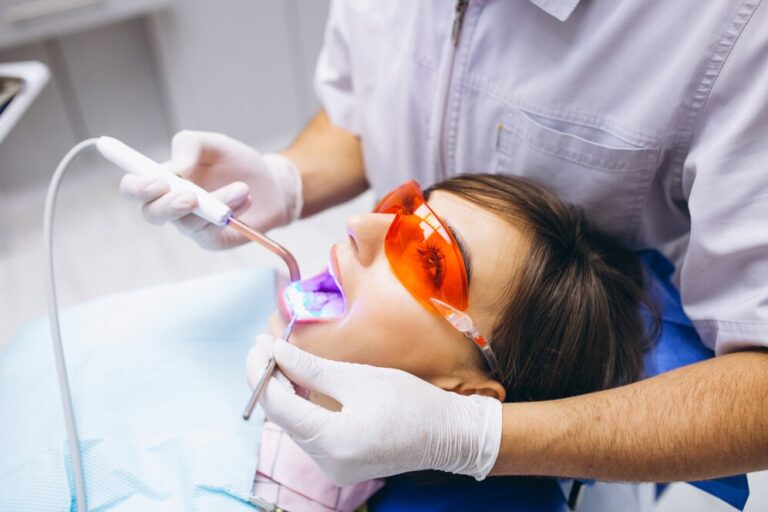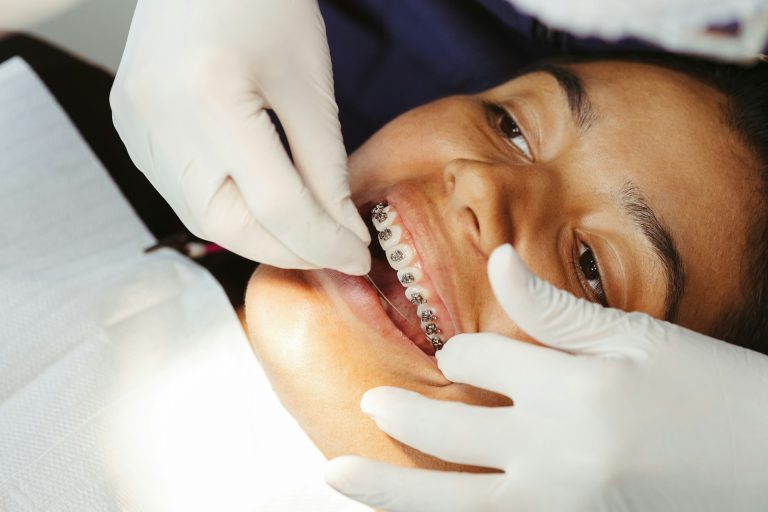Tooth sensitivity is a common dental concern that affects many people in Northglenn, causing discomfort or even pain during everyday activities like eating, drinking, and brushing. Although tooth sensitivity can result from various factors, seeking professional help from dedicated dental service providers like Colorado Gum Care Northglenn, CO is essential in accurately identifying the underlying causes and administering suitable treatment options. Our skilled dental professionals in Northglenn specialize in gum care, preventive treatments, and dental surgical procedures, using modern technologies to ensure optimal oral health for our patients.
In this blog post, we will explore the common causes of tooth sensitivity, introduce the various treatment options available at Colorado Gum Care Northglenn, CO, and provide practical tips for preventing and managing sensitive teeth. By understanding the triggers of tooth sensitivity and seeking professional dental care, you can effectively tackle the problem and continue enjoying the foods and drinks you love without discomfort.
At Colorado Gum Care Northglenn, CO, we believe that Northglenn residents deserve comprehensive dental care, and we prioritize our patients’ understanding of their oral health conditions and the most appropriate treatment options. Armed with knowledge about tooth sensitivity and professional guidance, you can find relief from sensitivity and keep your smile healthy and radiant. Read on to learn more about tooth sensitivity and the ways in which the dedicated professionals at Colorado Gum Care Northglenn, CO can help you overcome this common dental issue.
Common Causes of Tooth Sensitivity
Numerous factors can contribute to tooth sensitivity, stemming from either external or internal sources. Some common causes include:
- Enamel Erosion: Acidic foods and drinks, aggressive tooth brushing, and teeth grinding can result in the gradual erosion of tooth enamel, exposing the underlying dentin and causing sensitivity.
- Gum Recession: When gum tissues recede due to gum disease or aggressive brushing, the roots of the teeth become exposed, leading to increased sensitivity.
- Tooth Decay: Untreated cavities and tooth decay can cause sensitivity, especially when the decay approaches the inner layers of the tooth, such as the dentin and pulp.
- Cracked Teeth: Chips or cracks in the teeth can allow bacteria to infiltrate the tooth’s inner layers, resulting in increased sensitivity and discomfort.
- Dental Procedures: Sensitivity can be a side effect of certain dental procedures, such as teeth whitening treatments or dental restorations. However, this type of sensitivity typically subsides over time.
Treatment Options at Colorado Gum Care Northglenn, CO
At Colorado Gum Care Northglenn, CO, we offer various treatment options to address tooth sensitivity, ranging from simple solutions to comprehensive dental procedures, depending on the severity and cause of the sensitivity:
- Desensitizing Toothpaste: Specially formulated toothpastes containing desensitizing ingredients can provide temporary relief for mild tooth sensitivity.
- Fluoride Treatments: Professional fluoride applications can help strengthen tooth enamel and reduce sensitivity by blocking pores in the exposed dentin.
- Dental Bonding: Our dental professionals can apply bonding resin to exposed tooth roots or sensitive areas to protect them and alleviate sensitivity.
- Root Canal Treatment: In cases where tooth sensitivity is caused by severe tooth decay or infection, a root canal procedure may be necessary to preserve the affected tooth and eliminate sensitivity.
- Gum Graft Surgery: For patients experiencing sensitivity due to gum recession, gum graft surgery can help restore receded gum tissue and protect the exposed tooth roots.
Preventing and Managing Tooth Sensitivity
Taking preventive measures and following proper oral care practices can help minimize tooth sensitivity or prevent it from worsening. Some practical tips include:
- Brush Gently: Use a soft-bristled toothbrush and apply gentle pressure when brushing to protect tooth enamel and gum tissue.
- Avoid Acidic Foods and Drinks: Limit the consumption of highly acidic foods and beverages, such as sodas, citrus fruits, and fruit juices, to prevent enamel erosion.
- Treat Teeth Grinding: If you suffer from teeth grinding (bruxism), discuss treatment options with your dentist, such as a night guard, to protect your teeth from further damage.
- Maintain Good Oral Hygiene: Regular brushing, flossing, and dental check-ups are essential for keeping your teeth and gums healthy, preventing issues that can lead to sensitivity.
- Seek Prompt Dental Treatment: If you experience tooth sensitivity, don’t delay treatment. Seeking prompt dental care can help identify the cause and prevent the problem from worsening.
Conclusion
Tooth sensitivity is a prevalent issue for many Northglenn residents, but with professional guidance from the knowledgeable team at Colorado Gum Care Northglenn, CO, you can find relief and maintain optimal oral health. By understanding the causes of tooth sensitivity, seeking appropriate treatment, and implementing preventative measures, you can protect your smile and enjoy everyday activities without discomfort.
If you’re experiencing tooth sensitivity or have concerns about your oral health, contact the dedicated dental professionals at Colorado Gum Care Northglenn, CO in Northglenn. We are committed to providing comprehensive, patient-centered care to help you address your dental concerns and maintain a healthy, radiant smile. Consult with a dentist in Northglenn today.







